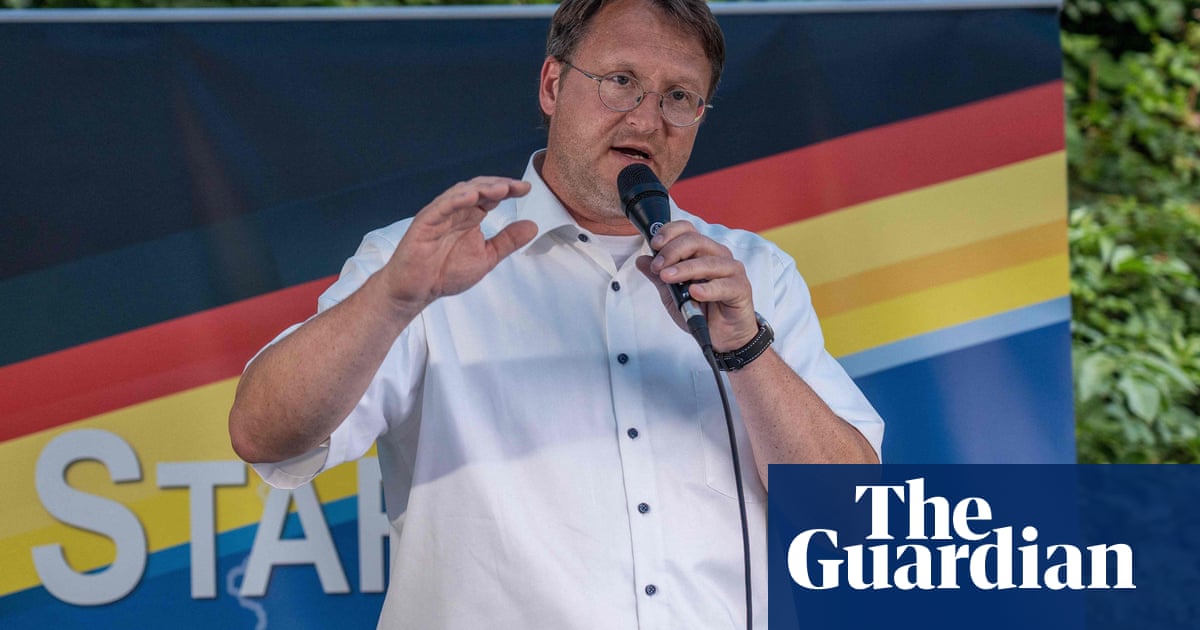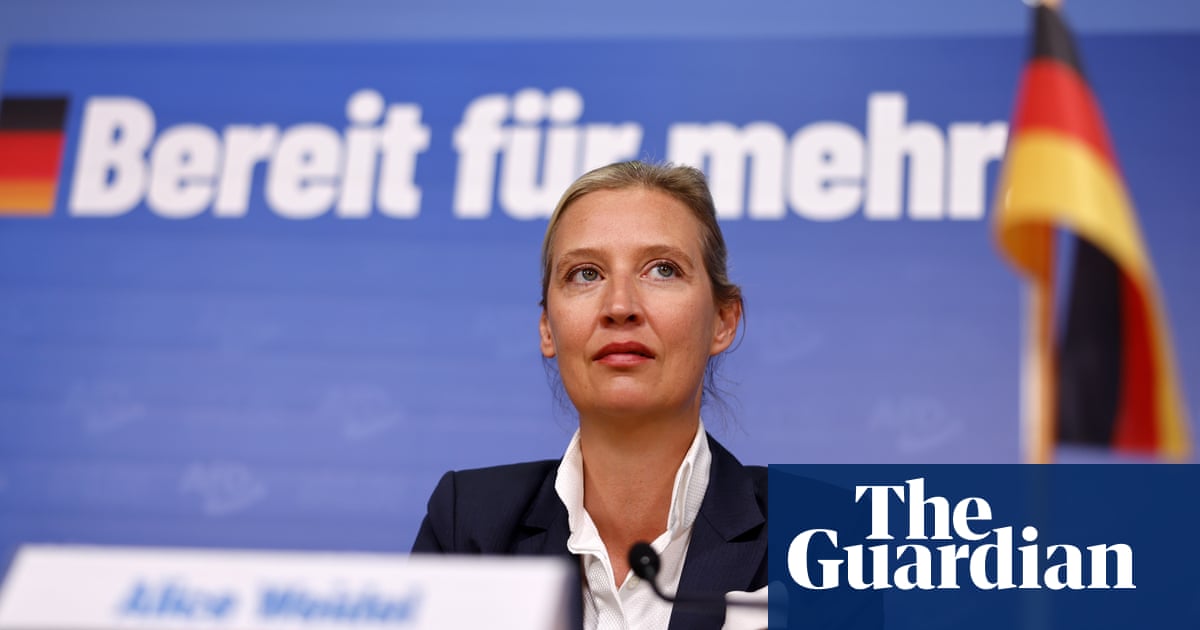
The far-right Alternative for Germany (AfD) tried on Monday to put a brave face on election losses in an eastern stronghold where its anti-immigration line failed to chime with voters" concerns.
After polling neck-and-neck with Chancellor Angela Merkel"s conservative CDU in Saxony-Anhalt for weeks, the AfD on the day won just 20.8%, more than 16 points behind the CDU and 3.5 points down from the previous election in 2016.
Under surveillance in Saxony-Anhalt for suspected anti-democratic activity, the AfD is shunned as a potential coalition partner by all other national parties. But it can still play a significant part in September"s federal election by taking a large share of conservative votes, as it did in 2017.
The result not only suggested that the AfD may have lost touch with some voters, but also highlighted a rift between the party"s hardline wing, responsible for its policy platform in Saxony-Anhalt, and a less radical grouping.
That platform included a 2,000-euro payment for each baby born to at least one German parent, cuts in public funding for theatres promoting "anti-German" plays, and a statement that Islam is not compatible with Western culture.
But in an election that played out as Germany started to reopen after months of coronavirus lockdowns, the pollster Infratest/Dimap found that the AfD"s focus on stricter immigration rules had not been among the priorities of voters, who were more interested in the economy and job security.
Germany"s far-right Alternative for Germany (AfD) spokesperson Tino Chrupalla, chairman of state of Saxony-Anhalt, Martin Reichardt and top candidate for Saxony-Anhalt Oliver Kirchner depart after a news conference following the state election, in Berlin, Germany, June 7, 2021. REUTERS/Annegret Hilse/Pool
Germany"s far-right Alternative for Germany (AfD) spokesperson Tino Chrupalla, chairman of state of Saxony-Anhalt, Martin Reichardt and top candidate for Saxony-Anhalt Oliver Kirchner depart after a news conference following the state election, in Berlin, Germany, June 7, 2021. REUTERS/Annegret Hilse/Pool
It also found that many left-leaning voters had voted tactically for the CDU in order to block the AfD.
Co-leader Joerg Meuthen, who heads the less radical wing, told German public radio that the party could have achieved "a significantly stronger result" with a softer platform.
He was notably absent from a news conference with hardline co-leader Tino Chrupalla and Oliver Kirchner, who heads the AfD in Saxony-Anhalt.
A prickly Chrupalla, asked why AfD leaders had differing views on the election result, said:
"I don"t see the difference between a respectable result and a sensational result. I"ve said it is a very good result."
Set up in 2013 as an anti-euro party during the euro zone debt crisis, the AfD is polling nationally at around 11%, down from nearly 13% in the 2017 general election, after which it became the main opposition and third-largest party.
It harbours many coronavirus deniers and vaccine-sceptics who have joined protests against coronavirus lockdowns.












